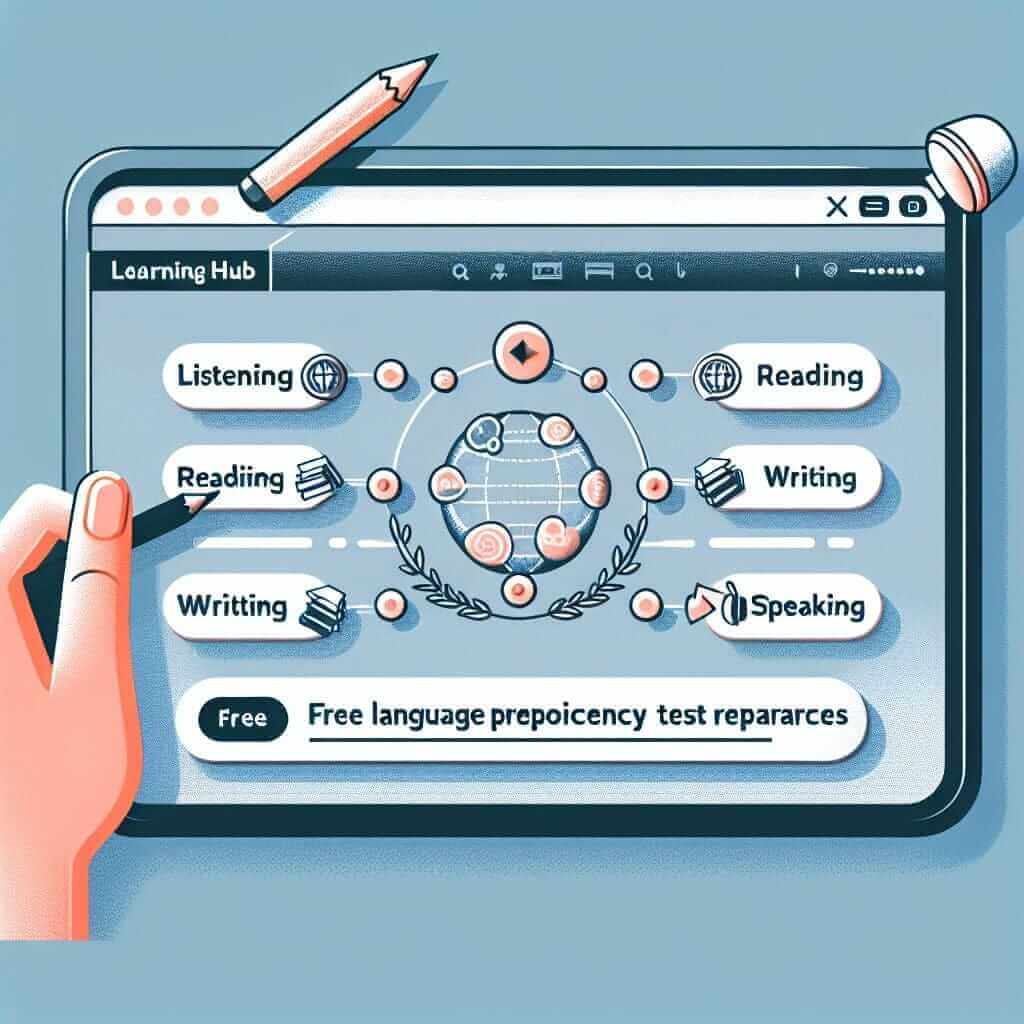Many IELTS candidates, despite strong preparation, feel unsure about how to conclude their Speaking Part 2 responses. This uncertainty can lead to rambling, awkward silences, or a rushed ending, potentially impacting your fluency and coherence scores. This article provides a comprehensive guide on crafting strong conclusions for IELTS Speaking Part 2, ensuring you leave a lasting positive impression on the examiner.
Table Of Contents
Understanding the Importance of a Strong Conclusion
A well-crafted conclusion in IELTS Speaking Part 2 is crucial for several reasons:
- Signaling Completion: It clearly indicates to the examiner that you have finished addressing the topic, preventing any awkward interruptions.
- Reinforcing Your Ideas: A final statement allows you to summarize your main points, enhancing clarity and coherence.
- Demonstrating Language Skills: Using a variety of concluding phrases showcases your vocabulary range and grammatical accuracy.
- Leaving a Lasting Impression: A memorable ending helps your response stand out, potentially boosting your overall score.
Effective Strategies for Concluding Your Speaking Part 2
1. Summarize Your Main Points
Briefly restate the key ideas you discussed, avoiding repetition.
Example:
- “So, in conclusion, this experience taught me the importance of perseverance, teamwork, and the value of true friendship.”
2. Offer a Final Thought or Reflection
Share a personal insight or a lesson learned from the experience you described.
Example:
- “Looking back, I realize that this journey not only helped me discover new landscapes but also allowed me to discover myself.”
3. Connect to the Present
Relate your Part 2 topic back to your current life or future aspirations.
Example:
- “This experience ignited a passion for photography that continues to inspire me today.”
4. Use Concluding Phrases
Incorporate a variety of transition words and phrases to signal the end of your response:
- “In conclusion…”
- “To sum up…”
- “All in all…”
- “Ultimately…”
- “Overall…”
Examples from Real IELTS Speaking Topics
Topic: Describe a memorable journey you have taken.
Conclusion 1 (Summarizing): “So, to sum up, my trip to the Himalayas was a truly unforgettable adventure, filled with breathtaking views, physical challenges, and moments of deep personal reflection.”
Conclusion 2 (Final Thought): “Looking back, I realize that this journey taught me the importance of stepping outside my comfort zone and embracing the unknown.”
Topic: Describe a time you faced a challenge.
Conclusion 1 (Connecting to the Present): “Overcoming this obstacle not only boosted my confidence but also instilled in me a problem-solving mindset that I continue to apply in my daily life.”
 IELTS Speaking Test Preparation
IELTS Speaking Test Preparation
Tips for Success
- Practice Makes Perfect: Regularly practice ending your Speaking Part 2 responses naturally and confidently.
- Time Management: Allocate the last 20-30 seconds specifically for your conclusion, ensuring you have ample time to wrap up effectively.
- Avoid Introducing New Information: The conclusion should summarize and reinforce existing points, not introduce unrelated details.
- Be Concise and Clear: Aim for a brief yet impactful ending that leaves a positive final impression.
Conclusion
Mastering the art of concluding your IELTS Speaking Part 2 responses effectively is a key factor in achieving your desired score. By following these strategies and practicing consistently, you can confidently deliver a well-structured and memorable response that showcases your language proficiency and leaves a lasting impression on the examiner.


